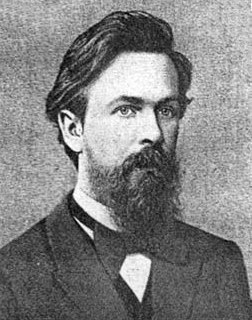One of the most beautiful results of probability theory is Markov’s inequality (after the Russian mathematician Andrei Markov (1856-1922)): If X is a non-negative stochastic variable (X ≥ 0) with a finite expectation value E(X), then for every a > 0 P{X ≥ a} ≤ E(X)/a If the production of cars in a factory during a week is assumed to be a stochastic variable with an expectation value (mean) of 50 units, we can – based on nothing else but the inequality – conclude that the probability that the production for a week would be greater than 100 units can not exceed 50% [P(X≥100)≤(50/100)=0.5 = 50%] I still feel humble awe at this immensely powerful result. Without knowing anything else but an expected value (mean) of a probability distribution we can deduce upper limits for
Topics:
Lars Pålsson Syll considers the following as important: Statistics & Econometrics
This could be interesting, too:
Lars Pålsson Syll writes Keynes’ critique of econometrics is still valid
Lars Pålsson Syll writes The history of random walks
Lars Pålsson Syll writes The history of econometrics
Lars Pålsson Syll writes What statistics teachers get wrong!
 One of the most beautiful results of probability theory is Markov’s inequality (after the Russian mathematician Andrei Markov (1856-1922)):
One of the most beautiful results of probability theory is Markov’s inequality (after the Russian mathematician Andrei Markov (1856-1922)):
If X is a non-negative stochastic variable (X ≥ 0) with a finite expectation value E(X), then for every a > 0
P{X ≥ a} ≤ E(X)/a
If the production of cars in a factory during a week is assumed to be a stochastic variable with an expectation value (mean) of 50 units, we can – based on nothing else but the inequality – conclude that the probability that the production for a week would be greater than 100 units can not exceed 50% [P(X≥100)≤(50/100)=0.5 = 50%]
I still feel humble awe at this immensely powerful result. Without knowing anything else but an expected value (mean) of a probability distribution we can deduce upper limits for probabilities. The result hits me as equally surprising today as forty years ago when I first run into it as a student of mathematical statistics.
[For a derivation of the inequality, see e.g. Sheldon Ross, Introduction to Probability and Statistics for Engineers and Scientists, Academic Press, 2009]
